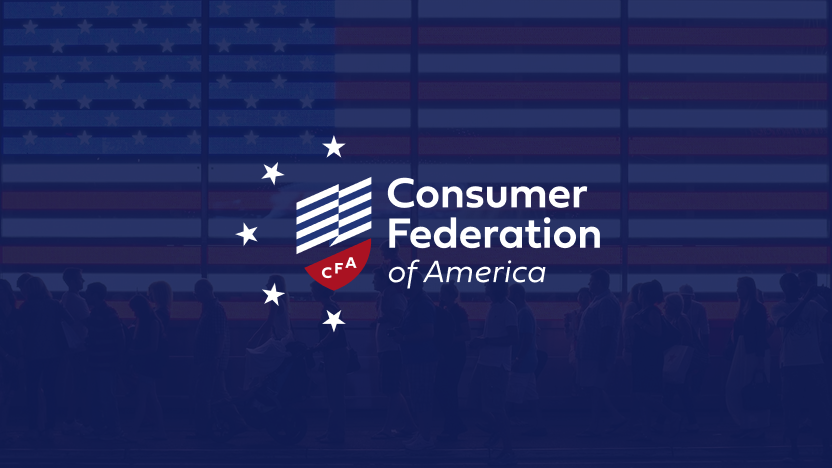Consumer and community organizations threw their support behind a federal bill that would stop payday lenders across the nation from trapping borrowers in loans by holding their personal checks or securing electronic access to their bank accounts. Rep. Tom Udall (D-NM) and Rep. Luis Gutierrez (D-IL) introduced the Payday Loan Reform Act of 2007 to prohibit lending based on checks or debits drawn on depository institutions. Rep. Keith Ellison (D-MN) and Rep. Janice Schakowsky (D-IL) are also sponsoring the bill. Last year Congress enacted this protection for Service members and their families.
Payday loans are cash advances that cost 390 to 780 percent annual interest and must be repaid in full on the borrower’s next payday. Every payday loan is secured by either the borrower’s personal check for the full amount of the loan plus the finance charge, which is held until the next payday, or by authorization to electronically access the borrower’s bank account to withdraw funds on the next payday. Though these loans are marketed for short-term use only, only one percent of all loans go to the one-time, emergency borrower.
“Under this protection, lenders will no longer be able to entice cash-strapped families to write checks without money in the bank as security for quick cash advances,” stated Jean Ann Fox, Director of Consumer Protection for Consumer Federation of America. “Internet lenders will not be able to hi-jack consumers’ bank accounts to repay loans.”
“Improving the ability of low-income Latino families to build wealth depends, in part, on eliminating harmful and predatory products from the market,” said Beatriz Ibarra for the National Council of La Raza. “This bill is an excellent first step.”
“Payday lenders today, like the mob loan sharks of the past, exploit the desperate needs of low-income families and trap them in a cycle of debt they can’t escape,” added Lauren K. Saunders, Managing Attorney, National Consumer Law Center.
Payday loans, because they tap funds from deposit of the borrower’s next paycheck, are a modern version of wage assignments, a collection tool that is prohibited by the Federal Trade Commission’s Credit Practices Rule, said the consumer groups. The Payday Loan Reform Act of 2007 applies federal protections against mandatory electronic repayment of installment loans to single payment payday loans. The bill also prohibits the widely-discredited practice by payday lenders of “renting” a bank’s charter in an effort to evade state usury laws.
“Now that the FDIC has stopped its banks from partnering with payday lenders, no federal bank regulators permit this misuse of bank powers,” stated Edmund Mierzwinski, Consumer Program Director, US PIRG. “But it is still important for Congress to close this back door tactic used to evade state authority once and for all.”
“We strongly support this bill as a means of ending the debt trap created by payday lending,” said Josh Nassar, Vice President of Federal Affairs for the Center for Responsible Lending. “Their business model is based on trapping consumers in short-term loans for the long term. With the strong-arm collection tactic of holding the borrower’s personal check or having the ability to dip into their bank account, payday lenders leave borrowers no choice but to renew and pay more interest for a loan they can’t afford to pay off.”
Eleven national organizations, including Consumer Federation of America, Consumers Union, National Council of La Raza, the Center for Responsible Lending, ACORN, Consumer Action, the National Association of Consumer Advocates, the National Association of Consumer Agency Administrators, National Consumer Law Center (on behalf of its low income clients), National Community Reinvestment Coalition, and the US Public Interest Research Group were joined in supporting the bill by thirty-three state groups and officials.



